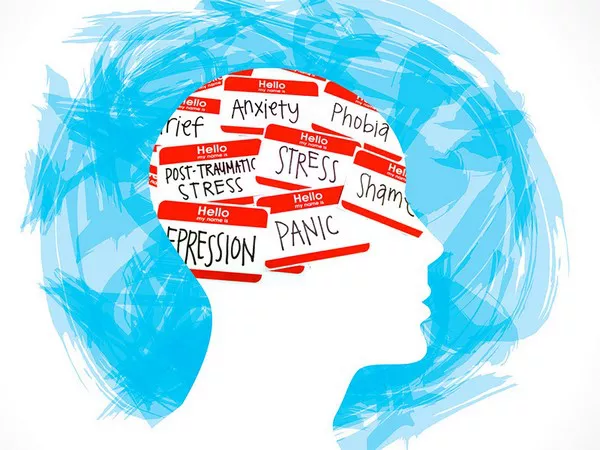Maintaining good mental health is crucial for overall well-being and quality of life. As we navigate the challenges of daily life, it’s important to prioritize our mental well-being and take proactive steps to improve it. This article aims to provide practical strategies that can help individuals enhance their mental health and promote resilience in the face of adversity.
Cultivating Self-Awareness
1. Reflecting on Emotions: Developing self-awareness involves recognizing and understanding your emotional state. Practice mindfulness and engage in regular introspection to identify and process your emotions effectively.
2. Identifying Triggers: Pay attention to situations or factors that trigger negative emotions or stress. By recognizing these triggers, you can develop coping mechanisms or avoid them when possible.
3. Journaling: Regularly writing down your thoughts and feelings in a journal can help you gain insights into your emotions and patterns of thinking. It also serves as an outlet for self-expression.
Building Healthy Habits
1. Prioritizing Sleep: Establish a consistent sleep routine and aim for 7-9 hours of quality sleep each night. A good night’s sleep is vital for cognitive function and emotional well-being.
2. Nourishing Diet: Adopt a balanced diet rich in fruits, vegetables, whole grains, lean proteins, and healthy fats. Avoid excessive consumption of caffeine, sugar, and processed foods, as they can negatively impact mood and energy levels.
3. Regular Exercise: Engaging in physical activity releases endorphins, reduces stress, and improves overall mood. Aim for at least 150 minutes of moderate-intensity exercise per week.
4. Limiting Substance Use: Excessive alcohol or drug use can impair mental health. If you’re struggling with substance abuse, seek professional help to overcome addiction.
Strengthening Social Connections
1. Nurturing Relationships: Cultivate meaningful connections with family, friends, and supportive individuals. Regularly engage in activities that foster social interactions and strengthen bonds.
2. Seeking Support: Reach out to loved ones or professionals when facing challenges. Sharing your feelings and seeking help can alleviate stress and provide perspective.
3. Joining Supportive Communities: Consider joining support groups or engaging in community activities centered around shared interests. Connecting with like-minded individuals can reduce feelings of isolation.
Managing Stress Effectively
1. Stress Reduction Techniques: Practice relaxation techniques such as deep breathing, meditation, yoga, or mindfulness exercises. These techniques can help manage stress levels and promote a sense of calm.
2. Time Management: Prioritize tasks, set realistic goals, and create a schedule that allows for breaks and self-care. Effective time management reduces feelings of overwhelm and enhances productivity.
3. Setting Boundaries: Learn to say no when necessary and establish healthy boundaries in relationships and work settings. Overcommitting leads to increased stress and can negatively impact mental health.
4. Engaging in Hobbies: Dedicate time to activities you enjoy, whether it’s reading, painting, playing an instrument, or gardening. Engaging in hobbies provides a sense of fulfillment and helps to relieve stress.
Seeking Professional Help
1. Therapy and Counseling: If you’re struggling with persistent mental health issues, consider seeking therapy or counseling. A trained professional can provide guidance, support, and evidence-based interventions.
2. Medication: In some cases, mental health conditions may require medication as part of the treatment plan. Consult with a healthcare provider to explore pharmacological options if appropriate.
3. Online Resources: Utilize online resources such as mental health websites, forums, and applications that offer support, information, and coping strategies.
Conclusion:
Improving mental health is a continuous journey that requires commitment and self-care. By practicing self-awareness, adopting healthy habits, nurturing social connections, managing stress effectively, and seeking professional help when needed, individuals can enhance their mental well-being and lead more fulfilling lives. Remember, taking care of your mental health is a courageous and empowering act that deserves utmost priority.


